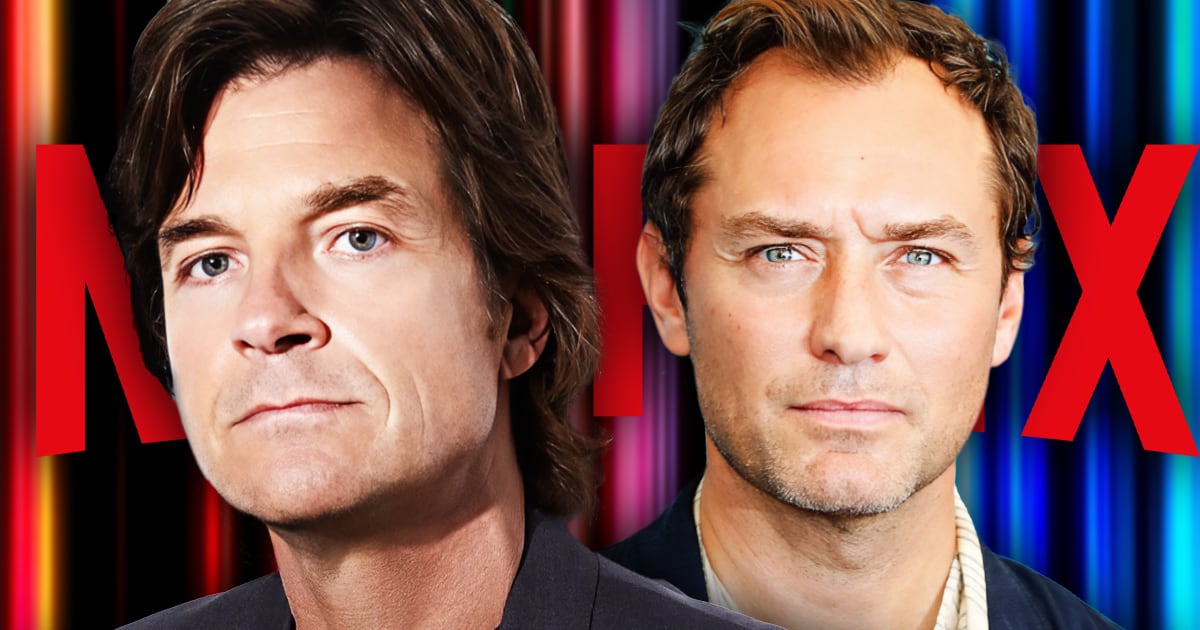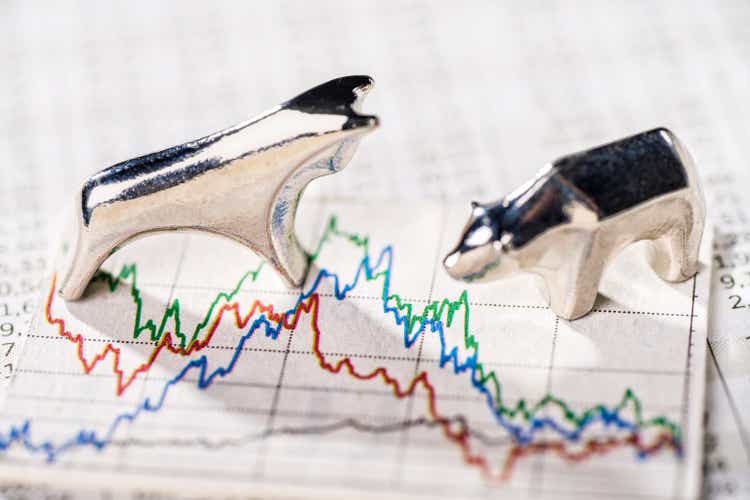Receive free Geopolitics updates
We’ll send you a myFT Daily Digest email rounding up the latest Geopolitics news every morning.
As the joke goes, nice Brics, but where’s the mortar? What idea or strategic interest holds together the five non-western nations that are convening in South Africa this week, never mind the score or so others that aspire to join them?
The reported list encompasses democracies (India), autocracies (China), secular states (Brazil), quite the opposite (Saudi Arabia), the rich (the United Arab Emirates), the poor (Ethiopia), former empires (Russia) and former colonies (Algeria). The first two of those have been known to exchange lethal fire with each other along the Himalayan frontier from time to time. The largest territorial entities, Russia and China, fell out during the cold war over the proper interpretation of Marxist scripture.
Who, in all seriousness, expects such a constellation of states to ever cohere into something that deserves the name of “bloc”? And what, after 15 official summits of this movement, is its worldview? As out of favour as the Washington consensus has become, not least in Washington, it is at least an identifiable programme. What is the Brics or global south alternative? If it is one that is much less keen on open trade, where does China, the world’s number one exporter, stand on that question?
No, if there is one adhesive that binds the various nations of the Brics, it is grievance: against western primacy, against past slights. And while grievance isn’t enough, it is an underrated force in politics and life.
With due respect to the physicists working on nuclear fusion, the most powerful source of energy in the universe, if it could ever be harnessed, is human resentment. Nietzsche thought it made the world go round. (And he didn’t even live to see what it would drive his fellow Germans to do after their defeat in the Great War.) There is no understanding modern Russia without a sense of its ressentiment as a shrunken empire.
If we narrow the lens from the geopolitical to the personal, we see resentment at work even more. Notice how many populist leaders are what might be called relative outsiders. Privileged by almost all standards, these people feel shut out of what they regard as the true in-crowd. Nigel Farage: a former stockbroker, but also a non-graduate and much-mocked seven-time loser of elections to parliament. Boris Johnson: Etonian and Oxonian but neither posh nor rich. Marine Le Pen: a dynast, but not one who passed through France’s top school for technocrats. And then the ultimate case in point: Donald Trump, an outer-borough arriviste, ridiculed by the smart set for his ghastly taste and paprika tan.
This pattern goes at least as far back as Richard Nixon, another butt of hurtful jokes in a country with more class sensitivities than it pretends. As a student, he so resented the social elite among his peers that he founded his own fraternity for outsiders and also-rans. (A sort of Brics on campus.) What animates the populist right is not so much an ideological programme. It is what the British would call chippiness, directed at a real or imagined beau monde.
On the face of it, no two entities are less alike than Trump and China. The one declared commercial war on the other, and in so doing changed the course of the 21st century. But just as the same laws of motion act on an apple as on a planet, the same emotion can propel a man and a nation state. In this case, it is wounded amour propre. No emotion is harder for western elites to fathom, as they have had so little cause to feel it.
Resentment is not the same thing as hatred. The hater wants nothing at all to do with the object of their hate. (Think of al-Qaeda’s attitude to the west.) The resenter, in contrast, is half-curious about the thing being resented. Farage is a man who plainly aches for the recognition of the establishment that he nevertheless torments. Brics elites, and not just Russian ones, make extensive use of London, the Côte d’Azur, the Franco-Italian luxury goods sector and American universities. To judge by global surveys on the war in Ukraine, much of the world sees the west as arrogant and hypocritical. It is also where much of the world wants to migrate.
Even the origin of the Brics concept gives away this conflicted attitude towards the west. All that summitry in South Africa, all that counter-G7 brainstorming, and where does the movement get its label? A British economist at an American bank with that classic global south name, Jim O’Neill.















